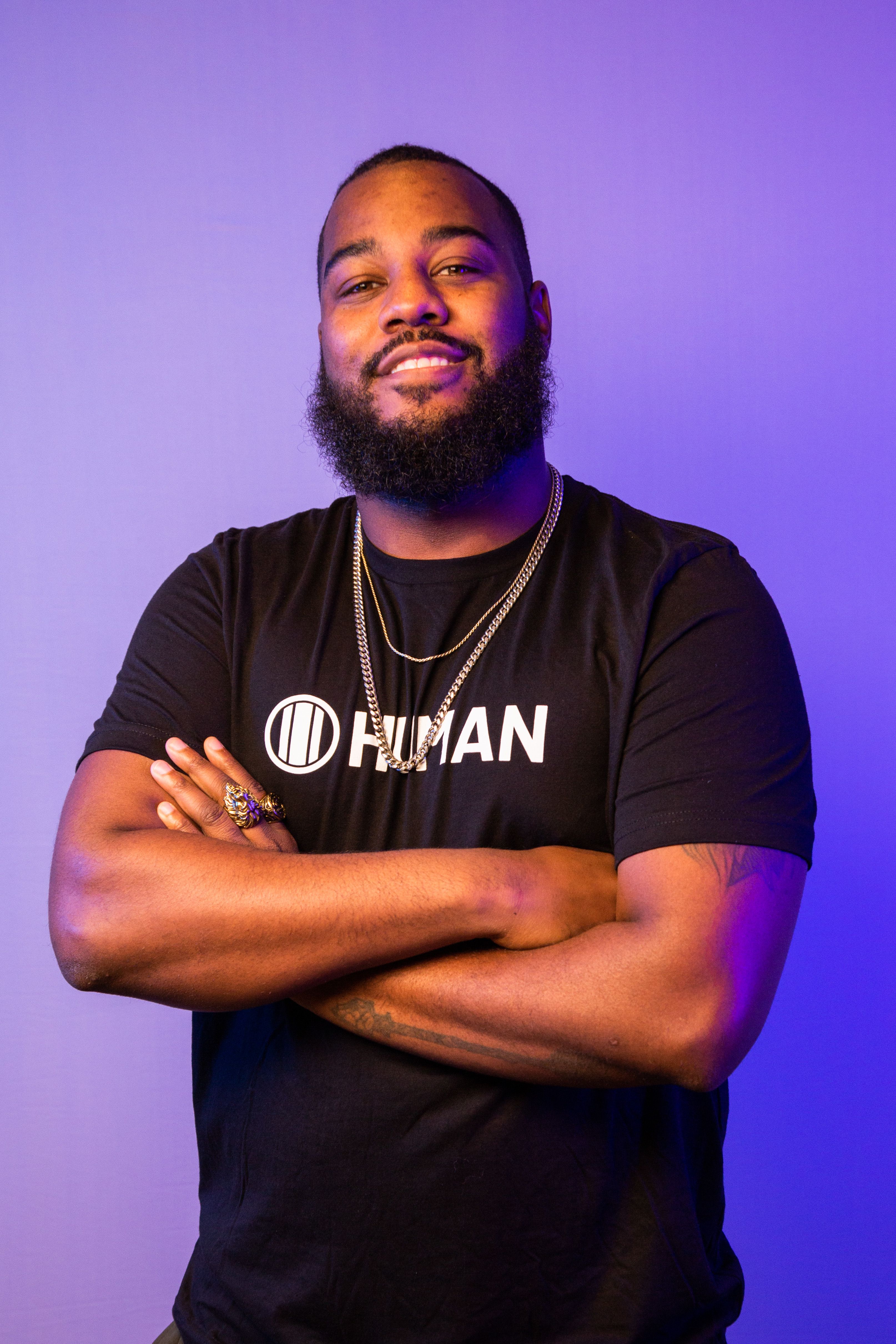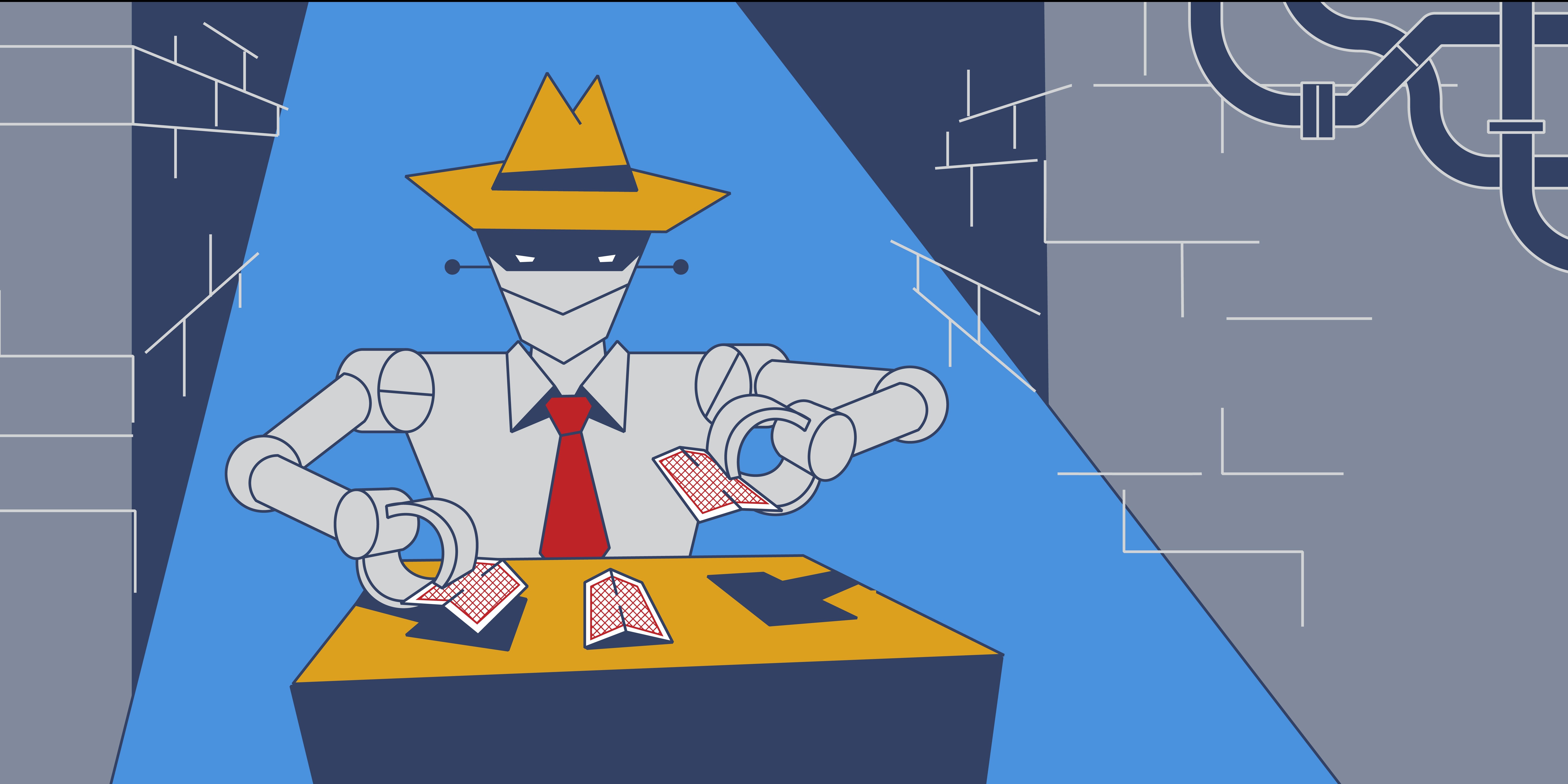To build something that is going to last, you must have continued practices that will stand the test of time. The impact of our present actions and words will reverberate far beyond our lifetimes, as the internet itself will outlast us all. Moreover, the carbon footprint we are currently leaving behind will continue to affect our planet long after we have departed. This underscores the urgent need for immediate action, seizing the opportunity to forge a more environmentally conscious and inclusive digital ecosystem.
To foster insightful discussions and explore avenues for improvement, we recently hosted a forward-thinking panel at Cannes entitled "Creating a Safer Internet and World: Sustainability & SPO." Distinguished industry leaders, including Kristine Lopez (Head of Media Security Product at HUMAN), Rob Beeler (Founder & CEO of BEELER.TECH), Scott Ensign (Chief Strategy Officer at BUTLER/TILL), Chen Shalit (CRO of RISE), Morgan Jetto (VP & General Manager at VERVE GROUP), and Harvin Gupta (Head of Commercial Partnerships at SCOPE3), shared their invaluable insights during this thought-provoking conversation. The panel explored sustainability and Supply Path Optimization (SPO) within the programmatic landscape from various angles. Key topics included strategies to reduce the carbon footprint, the detrimental effects of practices like Made For Advertising (MFA) sites, leading to low-quality audiences and increased bot traffic, and the importance of adopting environmentally conscious digital practices that align with the broader goals of creating a safer internet. The discussion also shed light on how vanity metrics often drive advertisers towards short-term fixes, which fail to deliver sustainable results for businesses or the environment.
Too Many Cooks in the Kitchen
If done properly and together, transforming the digital advertising landscape to mitigate the carbon footprint would leave the programmatic ecosystem and our planet's ecosystem both green. Online activity makes up 4% of the world’s global emissions, and that number is expected to double by 2025. According to The Shift Project, the internet has a larger carbon footprint than the entire airline industry. In order to move forward, we must first look backward at the actions that got us to this spot. We who actively participate in this arena are in a long-term and short-term numbers game. The numbers associated with our carbon footprint and its impact on our world are increasing, adding to the cost of doing business in an environment that demands instant results for decision-making.
Supply Path Optimization (SPO) is optimizing the path on the supply chain in the programmatic ecosystem through which advertising inventory is bought and sold. Scott Ensign, CSO at BUTLER/TILL, believes the best way forward is intertwining SPO and sustainability: “If you're cutting out unnecessary hops in the supply chain, you're going to just naturally cut out part of the carbon footprint.”
The supply chain is complex in nature with layers of involvement. Every time you add another player, it may level the playing field more as far as opportunity, but as Kristine Lopez, Head of Media Security Product at HUMAN, put it, these additions also created problems. “It entailed numerous unintended consequences, including the emergence of highly intricate supply chains with numerous intermediaries. From a security standpoint, with each reseller serving as a new node in this supply chain, it introduces the possibility for exploitation, manipulation, and amplification. This is precisely where the infiltration of IVT invalid traffic and fraud begins to permeate the ecosystem.” Think of the programmatic landscape as a kitchen, and the supply chain is the method to achieve the perfect meal. Every time you add a new cook in the kitchen, they add their own ingredients, and another lapse is created in the supply chain that pushes out the ability to create that ideal meal in an efficient manner. Extending the process makes the path to optimization more challenging.
What seems to be the biggest challenge in an effort to bring a sense of humility to the supply chain of the programmatic ecosystem is metrics of vanity. Metrics that are a quick fix and look good on the surface but add no real intangible value to the bottom line. For great food, you need quality ingredients. Our entire panel of guests agreed that MFA’s are not helping the ecosystem, as the sum total can be summed up by Kristine Lopez, "Those made-for-advertising (MFA) sites, with their ad on top of ad on top of ad approach, represent arbitrage and inefficiencies in the marketplace. Optimizing this model is detrimental, and we need to shift our focus to meaningful KPIs and genuine connections with audiences. It's time to rethink the value and purpose of these MFAs and prioritize sustainable business outcomes over short-term gains."
You are getting inflated numbers, inorganic views and a lot of cloaking going on, but it is not a sustainable level of success, and the whole concept is inauthentic to what you hope to achieve in principle. All of this also just results in an increased footprint but not maintained results.
Quality Ingredients Equal Sustainability
If everyone participating in this discussion knows there’s a problem, why is a solution so hard? The answer to that changes depending on who you ask, but the consensus is that trusted partners working together to ensure sustainability and SPO are systematically achieved. When the lively debate topic was bad hops vs good hops, Harvin Gupta, Head of Commercial Partnerships at SCOPE3, smoothly shifted the focus more on the point of value of the action vs the carbon that is the result. “I think the idea is understanding the value versus the carbon. One of the problems that I've seen when we help publishers map out their entire supply chain, sometimes you see people essentially inserting themselves in the supply chain without actually adding any value. What I mean is they will be buying an impression from a reseller, and then they'll be selling that same impression to another reseller. What value have they created by doing this? None. But what have they done? They've taken a fee. They've also introduced carbon into the ecosystem. That carbon is going to be logged against the publisher's scope, three carbon numbers, and it's going to be logged against the advertisers. So, while I completely agree with your point that not all hops are a bad thing, the game, I think, in SPO should be about finding the hops that don't need to exist and reshaping that supply chain so those hops are no longer there. What we find is when that happens, you can effectively remove SSPs from your supply chain. Often the publisher won't have a direct relationship with those SSPs, removing them has no impact on revenue. But everyone sees a reduction in carbon because that supply chain is now more efficient."
Think of it as a farm-to-table approach. If what you put into the supply chain is great, what you get out of it will be amazing. Better ingredients, better sustainability, safer internet.
Chen Shalit, CRO of RISE, who specializes in AI programmatic solutions with publishers, thinks it all starts with putting standards in place. “I can tell you as the one seeing all the different servers in the market, there is no one that talks in the same language. So I think, first of all, what we need to discuss is standards, and how we want this ecosystem to be managed. Then I think we will go towards being more sustainable.”
If everyone is following the same order of operations, it would lead to less clutter or holes along the process resulting in SPO. When the cookie jar is full of money, of course everyone in the space wants a cookie. Once we initiate etiquette on how to go about getting your piece of the pie, then we can make it so everyone eats, and we don’t constantly leave an exasperated footprint.
Shalit went on to discuss his relationship with HUMAN and how the idea of working together is how we accomplish sustainability, “I think when HUMAN wanted to develop their platform to be better, and to really answer the pains and the needs in the ecosystem. They built a collective of companies that really gather and think together. What are our problems? How do we want to solve them in a technical way? I think we’ve seen great success since this collective has been established. I think we need to learn from it and bring it to the sustainable world as well.” Kristen Lopez assisted on his point with the follow-up, “ We can't look at the ecosystem in such a fragmented way; we have to look at it holistically. Because when you do that from a security perspective, when you make standards necessary and have this collective protection, it makes it harder for the bad guys and fraudsters to siphon ad dollars from it. That's one of the most inefficient things that we have in ad tech, honestly, is invalid traffic, and the fraudsters siphoning.”
Everybody Eats with SPO
Sharing is caring; that entails data, resources, and virtual real estate. Building things together is how we stop them from falling apart. Everyone who participates in the programmatic universe shares a responsibility not just to ourselves but each other, our planet, and the customers to which we serve, to ensure we have sustainable practices that result in reducing our collective carbon footprint. To move forward, we have to look backward. A lot of the conversations we are having now were afterthoughts when these systems of design were put into place. Security needs to be built into our design, and sustainability at the forefront of our techniques. That is how we architect SPO into the blueprint of our industry moving forward. From a human standpoint, Chen Shalit stated it best when speaking about his family, “I want to give them hope. I want to give my kids a better place to live. A world that is better than what we got, I want to keep it sustainable. We are also running a business. If we want it to be profitable, we want it to be efficient, there are so many things we need to improve as an industry in order to make it work.”
By working together, we can make it work for all. We do need to be more planet-driven when it comes to our thinking and decisions. We also do have companies to run. If done efficiently, everything comes up more green.
Check out the full video of the panels discussion here




